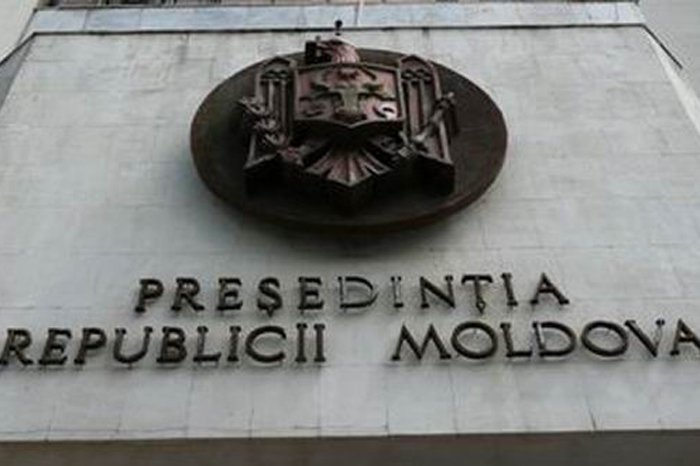Moldovan president-elect must take oath before parliament, Constitutional Court
12:50 | 14.11.2016 Category: Political
Chisinau, 14 November /MOLDPRES/- The President of Moldova directly elected on 13 November 2016 must take the oath before the parliament and Constitutional Court (CCM) no more than 45 days after elections, under the Constitution of Moldova.
The head of the Central Election Commission (CEC), Alina Russu, said the CEC had to receive all reports during 48 hours. “Subsequently, within five days the documents on presidential elections will be gathered and during three days will be sent to CCM. The court within 10 days will have to confirm or rule out lawfulness of presidential elections,” Russu said.
After the result of elections for the president position is validated by CCM, the president-elect will take the oath before the parliament and the Constitutional Court no more than 45 days after elections. Mandate of president lasts four years and is exercised upon the date of taking the oath.
Under the Constitution, the president has the following responsibilities: to convene the parliament, right to legislative initiative, messages to parliament as regards main problems of the nation, to promulgate laws and dissolve parliament (in the cases mentioned in the Constitution).
At the same time, the head of state has certain attributions to appoint government, investiture in office and appointment of acting premier.
Also, the president has powers in the foreign policy sector by holding international negotiations, as well as accrediting diplomatic representatives. He holds responsibilities for defence sector, being Supreme Commander of the armed forces. He may declare partial or general mobilization, with the prior approval of parliament. Also, the president appoints court judges, following a proposal by the Superior Council of Magistracy.
The head of state awards decorations and honorary titles, supreme military ranks in accordance with the legislation, settles problems of Moldovan citizenship and gives political asylum, appoints, may ask people to express by referendum the will on problems of national interest, awards diplomatic ranks, higher ranks to magistrates, judges and other categories of civil servants, according to the legislation, and suspends government documents that are contrary to the legislation till adopting the CCM final decision.
Referring to the signing of a decree for dissolving the parliament, which will cause snap polls and creation of a new government, the legal experts note that such an attempt without approval of CCM will be declared as unconstitutional.
The former head of CCM, Victor Puscas, said that under the Article 85 of Constitution, the president had the right to dissolve the parliament in case of impossibility to form government or blocking procedure for passing laws during three months. “Parliament may be dissolved if failed to accept the vote of confidence for forming the government within 45 days upon first request and only after rejecting at least two requests of investiture. At the same time, during one year, the parliament can be dissolved once,” Puscas said.
Puscas also said “President of Moldova can dissolve the parliament only in the above-mentioned situation, at the same time, in these cases firstly the head of state must have CCM’s approval. Signing of a decree without the CCM’s prior approval would represent abuse in office and violation of Constitution, and any other attempts to dissolve the parliament or to create parallel bodies such as: council, constituent assembly etc will be declared as unconstitutional,” he said.
Direct presidential elections took place in Moldova on 13 November 2016. CEC announced that after processing 99.95 per cent of reports, candidate of the Party of Socialists Igor Dodon picked up 52.27 per cent, and contender of PAS, PPDA, PLDM Maia Sandu got 47.73 per cent of votes.
(Reporter A. Plitoc, editor A. Răileanu)

